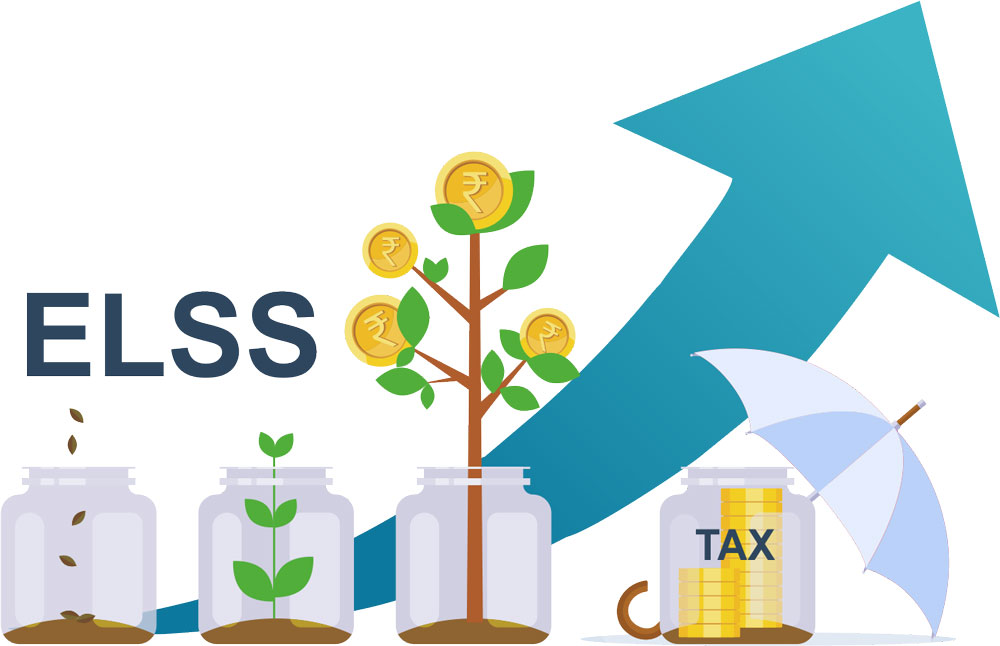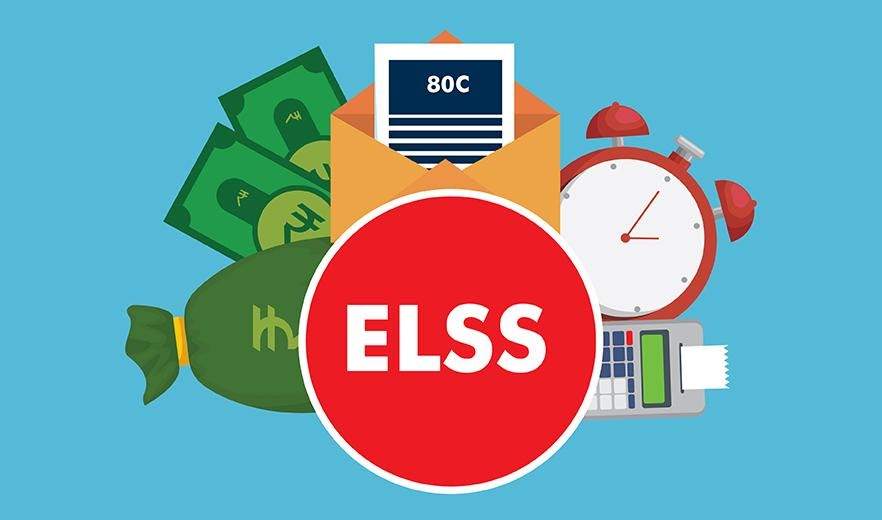Factors To Consider Before Investing in ELSS

Investing in equity linked savings schemes (ELSS) is a popular way to save money and grow wealth. ELSS Mutual Funds provide tax saving benefits, along with the potential to earn higher returns than some other investment options. However, before investing in ELSS fund, there are several factors that should be considered.
First, it is important to understand the risk involved with ELSS Mutual Funds. ELSS funds are equity investments, which means that they are subject to market fluctuations and losses. The value of ELSS Mutual Funds can go up or down depending on the performance of the market. This means that investors should be prepared for both gains and losses when investing in ELSS.
Second, investors should consider their own personal risk tolerance when deciding whether to invest in ELSS funds. Risk tolerance is the degree to which an investor is willing to accept risk in order to achieve potential gains. Investors with a high risk tolerance may be willing to accept higher levels of risk in order to achieve higher returns. On the other hand, investors with a low risk tolerance may be more comfortable with investments that provide more stability and lower potential returns.
Third, investors should consider their investment objectives when deciding to invest in ELSS Mutual Funds. ELSS funds are often used as a way to save for retirement or long-term goals. However, investors should ensure that the ELSS Mutual Funds they are investing in aligns with their investment objectives. For example, if an investor is looking for a long-term investment, they should look for ELSS that have a longer investment period and a lower risk profile.
Fourth, investors should also consider the expense ratio of the ELSS funds they are considering. The expense ratio is the total amount of fees that the fund manager charges for managing the fund. A higher expense ratio can lead to lower returns, so it is important to choose a fund with a lower expense ratio.
Finally, investors should be aware of the tax implications of investing in ELSS Mutual Funds. ELSS funds provide tax benefits to investors in the form of tax deductions. The amount of tax deduction is based on the fund’s performance and the investor’s tax bracket. It is important to understand the tax implications before investing in ELSS in order to maximize the tax benefits.
In conclusion, investing in ELSS funds can be a great way to save money and grow wealth. However, there are several factors to consider before investing in ELSS Mutual Funds, including risk tolerance, investment objectives, expense ratio, and tax implications. By taking the time to understand these factors, investors can make informed decisions about where to invest their money.
Your Investing Experts
Relevant Articles
Benefits of ELSS Investment for the Salaried Class
If you're a salaried professional looking to save tax while growing wealth, Equity Linked Savings Schemes (ELSS) might be your ideal match. ELSS funds offer tax benefits under Section 80C and come with a shorter lock-in period than most other tax-saving instruments. But their real strength lies in long-term wealth creation, especially when invested in through SIPs. Here’s how ELSS can play a strategic role in your investment plan.
Factors To Consider Before Investing in ELSS
Investing in equity linked savings schemes (ELSS) is a popular way to save money and grow wealth. ELSS Mutual Funds provide tax saving benefits, along with the potential to earn higher returns than some other investment options. However, before investing in ELSS fund, there are several factors that should be considered.
Here's Why ELSS Investment is Better Than PPF & NSC
Read this blog to learn why ELSS is better investment option than PPF & NSC. Besides tax savings, it offers capital appreciation. To know more ELSS mutual funds, visit FinEdge now!
.png)
_(800_x_575_px).jpg)
